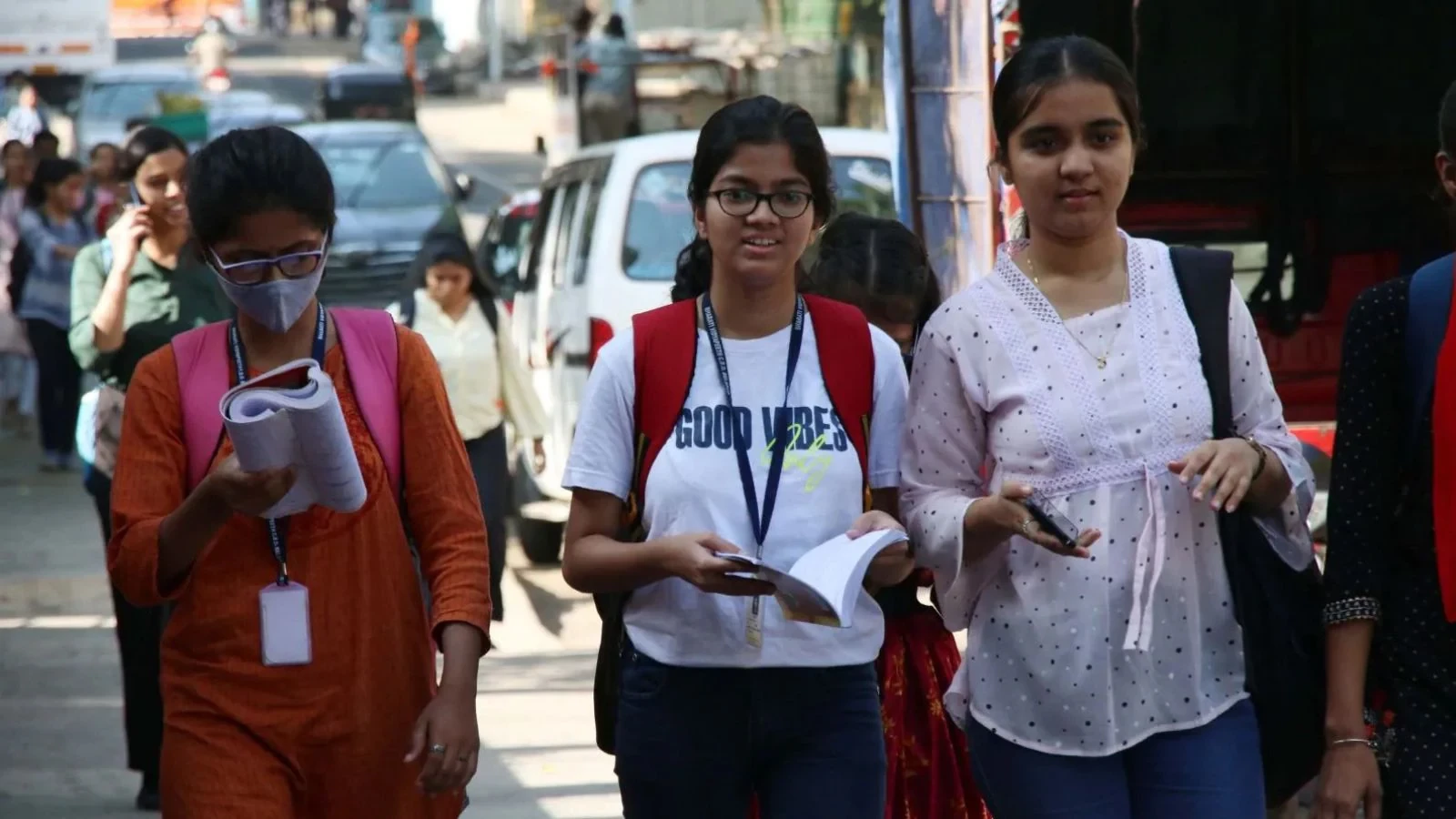Goa SSC Syllabus 2025-26 has been released online at gbshse.in. You can find the syllabus PDF for the main subjects included in the curriculum. There are a total of 5 main subjects included in the Goa SSC curriculum, namely a first language subject, followed by a second language subject, and then Mathematics, Science, and Social Science. You can also choose one elective subject, such as Fine Arts. Each subject will carry 100 marks, which are divided into theory and practical papers. The language papers, followed by Mathematics and Social Science, will be conducted for 80 marks, while 20 marks are allotted for the internal assessment.
The theory paper for Science will be conducted for 70 marks, while 30 marks are allotted for the practical paper. To learn about the assessment scheme, you can check out the Goa SSC Exam Pattern 2025-26 online. If you want to download the latest PDF of the Goa SSC Syllabus 2025-26, scroll down below:
Goa Board Class 10 Computer Applications Syllabus 2025–26
Below given is the detailed syllabus:
Unit / Chapter | Detailed Topics Covered | Description |
1. Basics of Information Technology | - Introduction to information technology concepts- Evolution of computers and their applications- Software and hardware overview- Operating systems basics- Utility software and system tools | This unit focuses on building a foundation in IT by explaining the role of computers in day-to-day life, differentiating between hardware and software, and learning about system software and utility programs. Students understand how technology has evolved and shaped communication, business, education, and healthcare. |
2. Operating Systems and GUI-based Applications | - Functions of an operating system- File management: creating, deleting, copying, and organizing files- GUI basics: windows, icons, menus, taskbars- Practical use of GUI features for productivity | Students gain practical knowledge of operating systems and graphical user interfaces. They learn how to handle files, manage folders, and use features such as drag-and-drop, shortcuts, and menu navigation to improve efficiency in computer usage. |
3. Office Tools | - Word Processing: Creating, editing, formatting, and saving documents; inserting tables, images, headers, and footers- Spreadsheets: Basics of Excel, formulas, functions, charts, and data handling- Presentations: Creating slide shows, using templates, inserting multimedia, transitions, and animations | This unit emphasizes real-world applications of office productivity tools. Word processors help in preparing documents and reports, spreadsheets in handling calculations and data visualization, and presentations in effectively communicating ideas with structured slides. |
4. Networking and Internet | - Basics of networking: LAN, WAN, MAN- Networking devices (routers, switches, hubs, modems)- Internet concepts: IP address, domain names, URLs- Web browsers, search engines, and email usage- Cyber security: passwords, firewalls, anti-virus, safe browsing | This unit gives students a deep insight into networking principles and how the internet connects the world. They learn about safe and responsible usage, email etiquette, online research methods, and precautions against cyber threats. |
5. HTML and Web Designing | - Introduction to HTML basics- Structure of an HTML document- Tags and attributes: headings, paragraphs, lists, links, images, tables, forms- Basic CSS styling- Creating and hosting simple web pages | This practical-oriented unit introduces web technologies, especially HTML, enabling students to design simple web pages. They learn about page structure, formatting, hyperlinks, forms, and integrating multimedia elements to make websites interactive and user-friendly. |
6. Database Management System (DBMS) | - Introduction to data and databases- Concepts of tables, records, and fields- Relational database model basics- SQL queries: SELECT, INSERT, UPDATE, DELETE- Using DBMS software for simple applications | Students explore the world of databases and understand their importance in managing structured data. They also get hands-on practice with SQL commands to query and manipulate data effectively. |
7. Programming Concepts (Python/Basic Programming) | - Introduction to programming logic- Flowcharts and algorithms- Data types, variables, and operators- Control structures: if-else, loops (for, while)- Functions and modular programming- Writing simple programs in Python or equivalent | This section emphasizes problem-solving through programming. Students learn to break down real-life problems into algorithms and implement them using simple programming languages such as Python. This builds computational thinking and logical reasoning skills. |
8. IT Applications in Daily Life | - Role of IT in business, healthcare, education, and communication- E-Governance, E-Commerce, and Digital India initiatives- Cloud computing basics- Mobile applications and their impact | This unit integrates knowledge by demonstrating how IT applications shape various fields. Students understand the significance of digital tools in government services, business transactions, and social communication. |
9. Project Work & Practical Applications | - Hands-on practice with office tools- Preparing small projects using spreadsheets, presentations, and HTML- Developing simple databases- Writing basic programs- Internet-based research projects | The project work consolidates classroom learning by allowing students to apply concepts practically. This enhances technical skills, creativity, and problem-solving abilities. |
Goa Board 10th Board Exams 2025-26: How to Prepare
- Make a study schedule to obtain desired scores in the final Goa board SSC result 2026. Below, we have given some important tips that can help you in exams to score well.
- Check GBSHSE marking scheme 10th class and try to cover topics that carry more weightage as early as possible. After that, cover the remaining topics.
- Work on your weak areas and improve those by devoting extra time to those subjects.
- Make a schedule to weekly revise all that is studied so as to retain the information well.
- Track your progress and work consistently. Do not lose motivation. Take help from teachers or guardians as and when necessary.
- Solve sample question papers before exams to revise well and get acquainted with the exam pattern. Work on improving the speed of answering questions.

